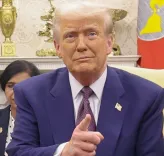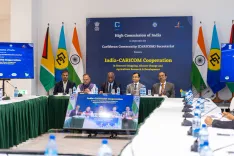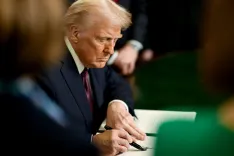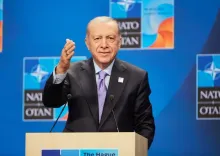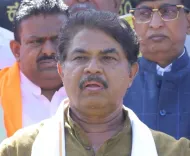Will South Korea and the US Conclude Trade Talks Before the August 1 Deadline?
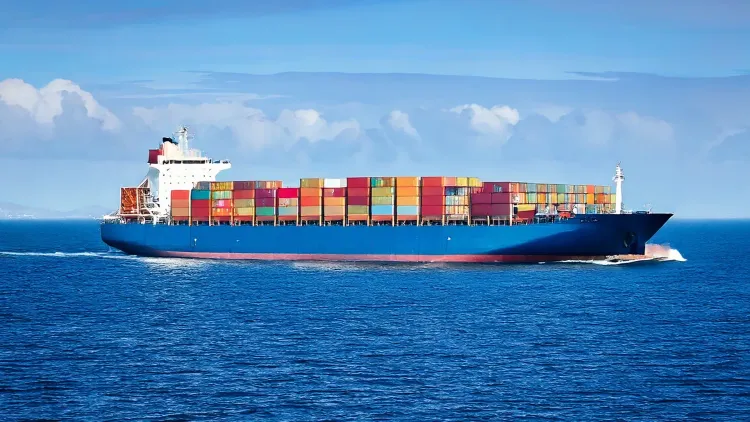
Synopsis
Key Takeaways
- Ongoing negotiations aim to address tariffs before August 1.
- Key discussion points include investment and agricultural access.
- Both nations emphasize the importance of strategic cooperation.
- Japan's recent trade deal adds pressure on South Korea.
- Progress in security negotiations may positively impact broader talks.
Seoul, July 25 (NationPress) South Korea and the United States are set to persist in negotiations aimed at finalizing a tariff agreement ahead of the significant reciprocal duties that are scheduled to commence on August 1. Key topics under discussion include investment and access to agricultural markets, as stated by the presidential office on Friday.
Kim Yong-beom, the presidential chief of staff for policy, noted that Seoul is striving to lower the proposed 25 percent tariffs on Korean products through a comprehensive arrangement that encompasses industrial collaboration, investment, procurement, and security cooperation, according to reports from Yonhap news agency.
On Thursday, Industry Minister Kim Jung-kwan and Trade Minister Yeo Han-koo engaged in discussions with U.S. Secretary of Commerce Howard Lutnick in Washington. They are set to resume negotiations with Lutnick and U.S. Trade Representative Jamieson Greer on Friday (local time), as revealed by Kim.
“Both parties emphasized the necessity of cooperation in strategic fields such as shipbuilding and semiconductors, agreeing to formulate concrete strategies,” he conveyed during a press briefing. “They reiterated their dedication to achieving a mutually advantageous agreement before August 1.”
Furthermore, Kim mentioned that the Korean negotiation team has strongly urged the U.S. to relax sector-specific tariffs, especially those impacting automobiles, while underlining the significance of bilateral manufacturing relationships.
When questioned about whether beef and rice are part of the negotiations, Kim affirmed, “Agricultural products are indeed included in the list of items being discussed.”
National Security Adviser Wi Sung-lac indicated that discussions surrounding the security sector are “relatively more stable” compared to other domains, expressing optimism that advancements in this area could create a “positive ripple effect” throughout the broader negotiations.
South Korea is facing increased pressure in the talks as Japan, a key competitor in exports, has recently secured a trade agreement with Washington that reduced reciprocal tariffs to 15 percent in exchange for opening its markets to automobiles and agricultural goods, alongside a US$550 billion investment promise.

